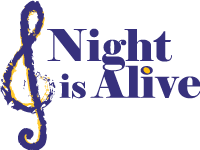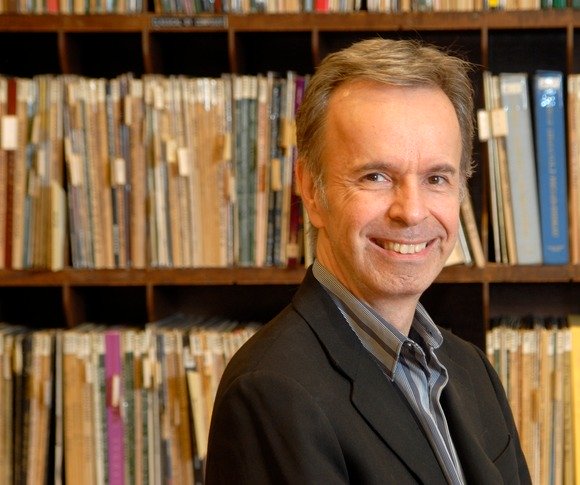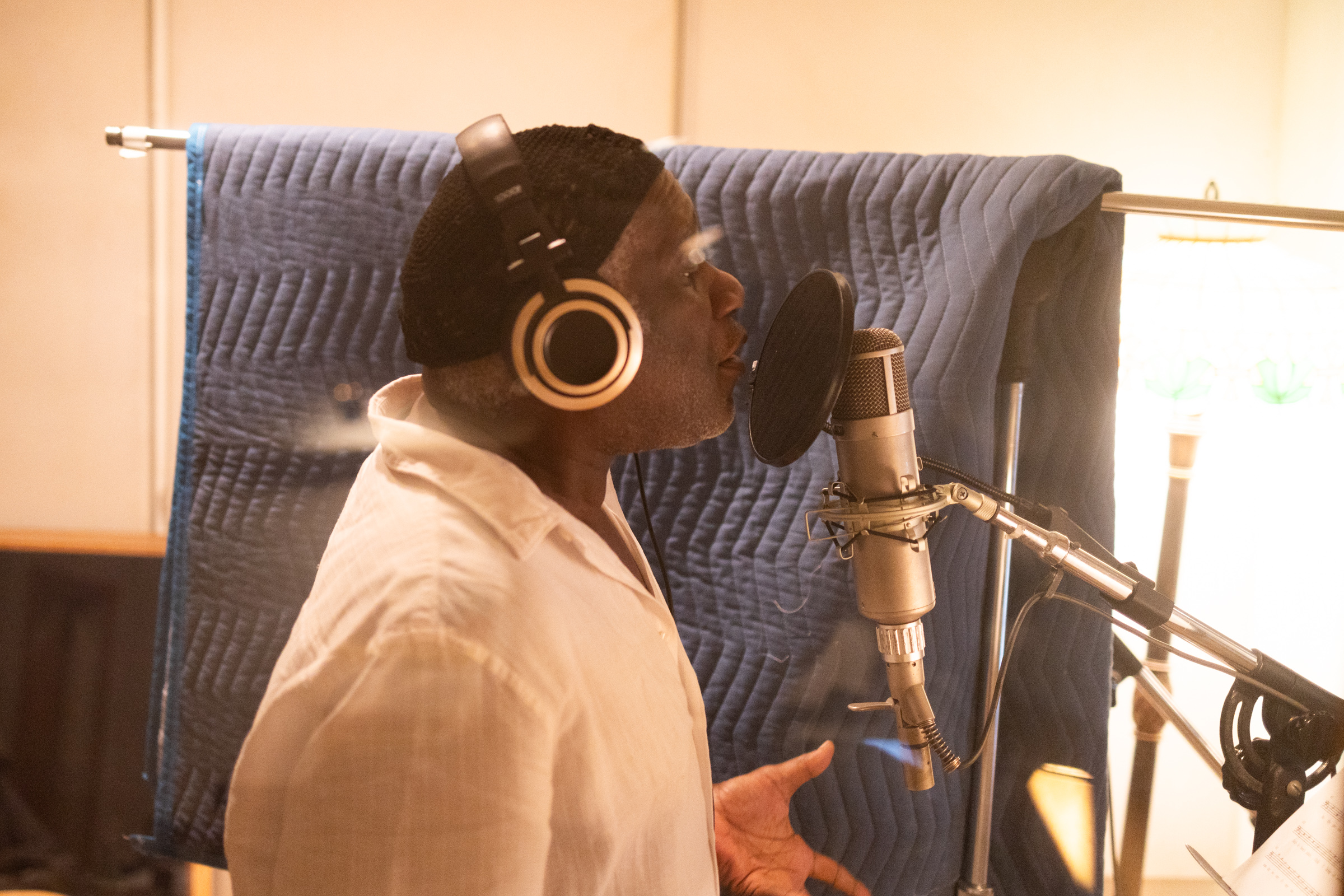An Interview With Harry Allen
Night is Alive is always looking to provide the very best in jazz to our listeners, and that means thinking outside the box to create unique musical experiences. It Takes 3, our newest album, does just that. Showcasing the exceptional talents of tenor saxophonist Harry Allen, pianist Rossano Sportiello, and drummer Bryan Carter, this collaboration brings together three renowned jazz musicians, each contributing their unique style to the project. The tracklist features a blend of jazz standards and original compositions and offers listeners a rich tapestry of melodies and rhythms that pay homage to the jazz tradition while infusing it with fresh interpretations.
Night is Alive sat down with tenor saxophonist Harry Allen to hear some of his thoughts and feelings surrounding the recording experience and his dynamic career in music.
Night is Alive: What was the inspiration behind the idea to record this unconventional jazz trio with Night is Alive?
Harry Allen: The inspiration came from the idea that we could have a trio without a bass. You don’t see a lot of trios nowadays that can play without a bass. To do that you have to have a strong pianist with their left hand. Our pianist in this piece, Rossano Sportiello, is incredibly gifted with his left hand. That makes up for the fact that we do not have a bass in the trio. You see the bass in the foundation of the band for keeping the rhythm section in time. Most piano players are strong in their right hand, and therefore cannot make up for the fact that there is no bass. However, a pianist strong in their left hand can make up for this fact.
NiA: Looking back at recording and production process, what was your favorite part?
HA: Playing with everybody was truly the best part of the production process. It was a lot of fun playing with these talented musicians. Each one of them brings something unique and its great to see a piece of music come together.
NiA: What should listeners expect from the new album?
HA: We did an array of song from the great American song book as well some of my and Rossano’s songs. It’s a great combo of looking back as well as looking forward. In the 1930s and 1940s, there were a lot of jazz trios that played without a bass. There were stronger left-handed pianists than there are now. We pay tribute to this past in the album, but we put our spin on the songs to make the album modern as well. This makes the album unique compared to others.
NiA: If you were to look back on your musical career, are there any moments that have had a lasting impact on it?
HA: Right out of college I was hired by a famous musician named Oliver Jackson. We traveled around Europe playing and he introduced me to various promoters. He told these promoters about how good I was, and it helped me get my career started as a jazz musician. This was truly a moment that shaped my career as a musician.
NiA: Were has been your favorite place to travel?
HA: There are several places and each one of them brings something different to appreciate about it. Japan has some of the greatest jazz fans in the world; a lot of them come up to you and recognize your music which is a cool experience. Paris and Rome are also two beautiful cities that have amazing jazz venues. Lausanne Switzerland was also an incredibly beautiful city. The great thing about being a musician is you get to travel and visit all these incredible places.
It Takes 3 is available now! Be sure to order your copy today. You can also hear Harry Allen in other acclaimed Night is Alive albums Call Me Irresponsible and Cryin’ In My Whiskey.




